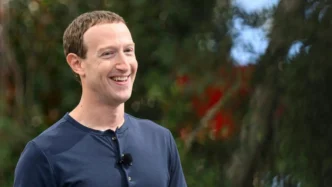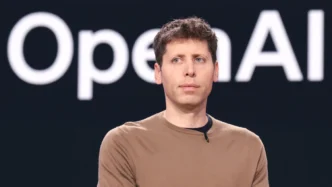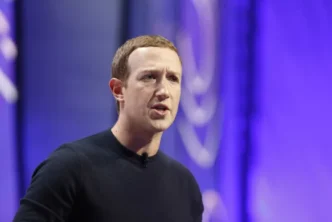In today’s AI-driven world, the definition of cheating is no longer black and white. When artificial intelligence can write essays, solve coding problems, and guide you through interviews or exams, the question shifts from “Are you cheating?” to “How much help is too much?”
This blurry line became headline news with the rise of Cluely—a controversial AI startup created by two former Columbia University students, Roy Lee and Neel Shanmugam. Their tool doesn’t just assist users; it invites them to cheat on everything. And investors are loving it. Cluely recently raised $5.3 million in seed funding and is already generating over $3 million in recurring revenue.
Cluely’s technology works through a discreet browser overlay. It quietly feeds real-time AI suggestions during exams, interviews, and even high-stakes sales calls. To the user, it feels like a secret advantage. To outsiders, it looks like a direct attack on authenticity.
Lee himself claimed Cluely helped him land an internship at Amazon. The company responded by reiterating that using unauthorized assistance violates its hiring rules—but they didn’t confirm or deny the claim. That ambiguity says a lot about where we are.
Is It Help, or Just Plain Cheating?
So, what exactly is cheating in the age of AI?
Is it wrong to use ChatGPT during an open-book exam? Does it cross the line if an AI coach offers advice during a Zoom interview? And if the AI only helps rephrase your own ideas, is that still dishonest?
This is the messy middle we’ve entered. Some argue that tools like Cluely are just the next evolution—no different than spellcheck, Grammarly, or calculators. These were once considered shortcuts too, until they became accepted and expected.
But others aren’t so sure. To them, Cluely feels like something out of Black Mirror—a dystopian glimpse of a world where skill is irrelevant, and truth is optional.
A New Era of Ethics and Expectations
The stakes are high. Schools are struggling to update what “academic integrity” means. Employers are revisiting how they assess talent in an AI-enhanced world. And platforms like Cluely are betting that people care more about results than the methods used to achieve them.
At the heart of it, cheating has always been about deception. But with AI tools becoming smarter and more seamless, deception now hides in plain sight. It’s easier, more tempting, and harder to detect.
The real question may not be “what is cheating?” but “how much of it have we already accepted as normal?”













